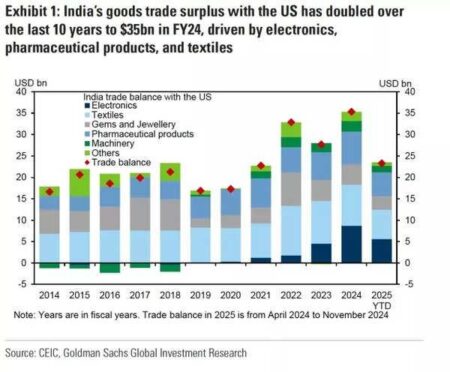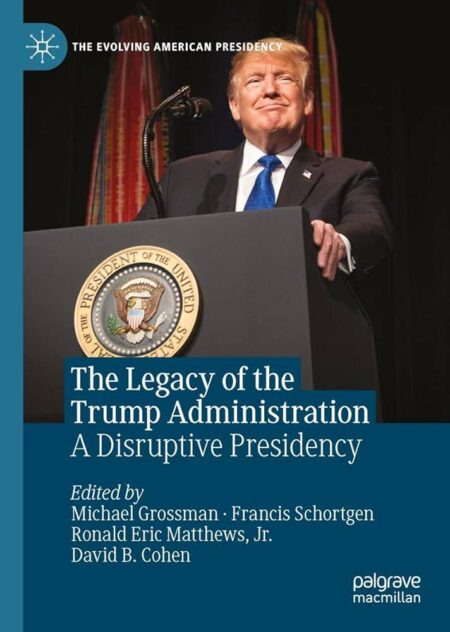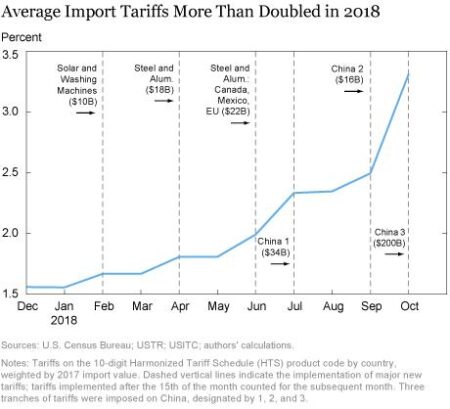As the Trump administration implemented tariffs, numerous Canadian companies found themselves heavily dependent on American sales to mitigate the impact. This article explores the top 10 Canadian firms navigating this complex trade landscape, revealing their strategies and challenges.
Browsing: international trade
Canada and the EU are intensifying efforts to diversify trade relationships amid increasing U.S. threats to economic stability. Both regions aim to strengthen partnerships and reduce reliance on any single market, fostering resilience in global trade dynamics.
Brazil’s chicken exports are soaring past expectations, driven by strong global demand and competitive pricing. The surge highlights the country’s pivotal role in the global poultry market, with significant implications for producers and trade dynamics.
In a significant trade development, President Trump has announced that the proposed 25% tariffs on goods from Canada and Mexico will be implemented. This move aims to address trade imbalances, but it raises concerns among agricultural and manufacturing sectors about potential retaliatory measures.
Chinese tech stocks experienced significant volatility as market sentiment shifts amid renewed trade tensions. Comments from former President Trump on decoupling heighten investor anxiety, amplifying fears over the future of U.S.-China relations and technology collaboration.
In the wake of rising U.S. tariffs, India is re-engaging in trade discussions with the UK and EU. This renewed dialogue aims to bolster economic ties and address longstanding trade barriers, reflecting India’s strategic pivot towards stronger bilateral relationships.
The Trump administration is considering raising port fees on Chinese ships, a move that could significantly impact trade dynamics. Higher costs may lead to increased prices for consumers and a potential strain on U.S.-China relations, affecting various industries.
As the U.S. imposes tariffs and tightens trade restrictions, China is strategically opening its markets, seeking greater global economic integration. This contrasting approach may reshape international trade dynamics, highlighting a pivotal shift in global economic policy.
Brazil has urged the United Nations to reconsider a proposed levy on global shipping, arguing that it could hinder economic recovery and disproportionately impact developing nations. The country emphasizes the need for equitable solutions in maritime trade.









